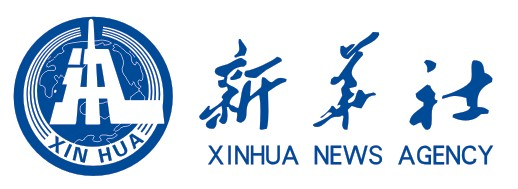Xinhua News Agency published the following article on July 8 [Chinese].
China Prohibits Media Practitioners from the Illegal Recording and Transmission of State Secrets
State Administration of Press, Publication, Radio, Film and Television [SAPPRFT] Distributes “Methodology on Professional Information Management for Media Practitioners”
Standard Media Practitioners’ Professional Information Utilization and Management
Xinhua News Agency: Beijing, June 8 – On June 30, the State Administration of Press, Publication, Radio, Film and Television (SAPPRFT) distributed the “Methodology on Professional Information Management for Media Practitioners” (hereafter “Method”). “Method” requires that media work units strengthen the professional, standard management of information by media practitioners.
“Method” explicitly states that the work of media personnel—including reporters, editors, announcers, and anchors, as well as that of other media practitioners who provide technical and other support, are engaged in news gathering, participation in conferences, communication, reading, or other professional activities—covers all types of information, source material, and data, including state secrets, commercial secrets, and information which has not yet been made public. This all constitutes professional information, and must be managed with greater strength. All media work units must, in accordance with the law, have media practitioners and personnel sign a nondisclosure agreement and a professional information confidentiality agreement, in order to perfect internal management systems.
“Method” stipulates that media work units strengthen their nondisclosure system; provide clear parameters and nondisclosure limits for media practitioners’ contact with state secrets in the course of professional conduct; perfect the vehicles for the receipt, delivery, transmission, utilization, reproduction, preservation, and destruction of state secrets; prohibit the illegal copying, recording, and storage of state secrets; and prohibit the mention of state secrets in private conversation and correspondence. “Method” further stipulates that media practitioners not violate the terms of their confidentiality agreements by providing professional information to domestic or foreign media or websites; by leaking or releasing professional information through blogs, Weibo, public or personal WeChat accounts, or any other channels, as well as forums, lectures, or any other arenas; and must not use professional information to seek illegitimate profit. [Chinese Source]
Xinhua also published an abridged English-language report on the SAPPRFT rules.
Via CDT Chinese.
Update: Yale’s China Law Translate blog has published a full translation of the SAPPRFT regulations.








